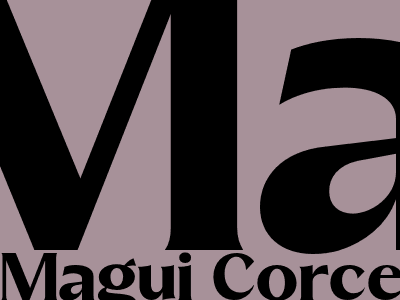SEO for Bloggers: A Comprehensive Guide to Ranking Higher in Search Results
Introduction
Are you a blogger struggling to get your website noticed in search results? Search engine optimization (SEO) is essential for increasing organic traffic to your website and improving your visibility online. This comprehensive guide will provide everything you need to know about SEO for bloggers, from optimizing your content to building backlinks.
Optimizing Your Content
Keyword Research
Identify relevant keywords that your target audience is searching for. Use keyword research tools like Google Keyword Planner to find keywords with high search volume and low competition.
On-Page Optimization
Incorporate keywords into your page titles, headings, and content. Ensure your website has a clear and concise meta description that accurately summarizes the page's content. Use header tags (H1, H2, etc.) to structure your content and make it visually appealing.
Image Optimization
Use descriptive alt tags for images to provide context for search engines. Compress images to reduce page loading time.
Technical SEO
Website Speed
A slow-loading website can significantly impact search rankings. Use tools like Google PageSpeed Insights to identify areas for improvement.
Mobile Responsiveness
Ensure your website is responsive and adapts to different screen sizes. Google prioritizes mobile-friendly websites in search results.
XML Sitemap
Create an XML sitemap that lists all the pages on your website. This helps search engines crawl and index your content effectively.
Link Building
Backlinks
Acquire backlinks from reputable websites to improve your website's authority and credibility. Reach out to other bloggers, participate in forums, and create high-quality content that others will want to link to.
Internal Linking
Create internal links between related pages on your website to help users and search engines navigate your content.
Analytics and Monitoring
Track Your Results
Use Google Analytics or similar tools to monitor your website's traffic, track keyword rankings, and identify areas for improvement.
Make Adjustments
Regularly review your analytics and make data-driven adjustments to your SEO strategy. Stay updated on the latest SEO best practices and search engine algorithms.
Conclusion
SEO is an ongoing process that requires patience and consistency. By implementing these strategies, you can significantly improve your website's visibility, drive organic traffic, and establish your blog as an authority in your niche. Remember to stay up-to-date on the latest SEO trends and best practices to ensure optimal results.

Comments